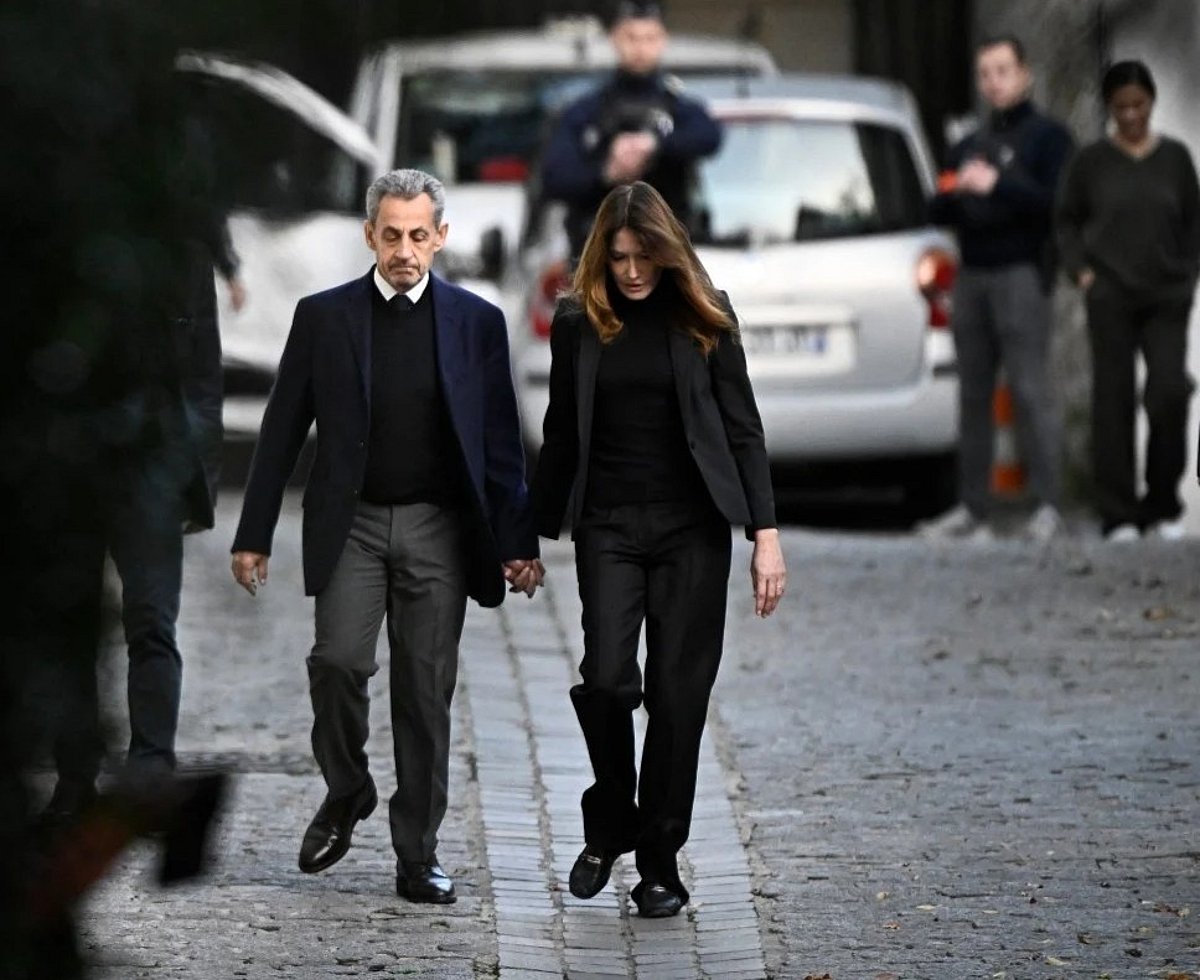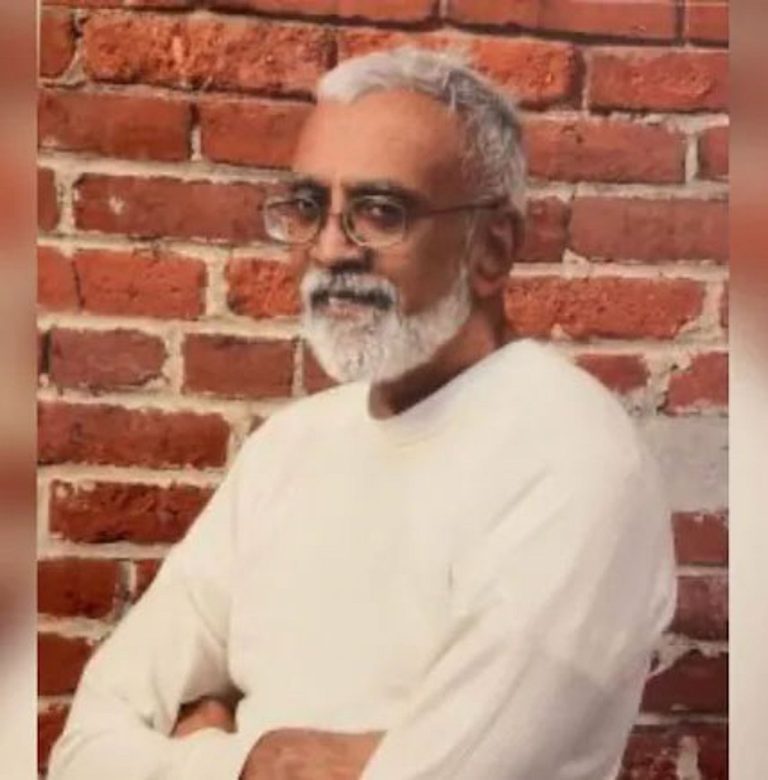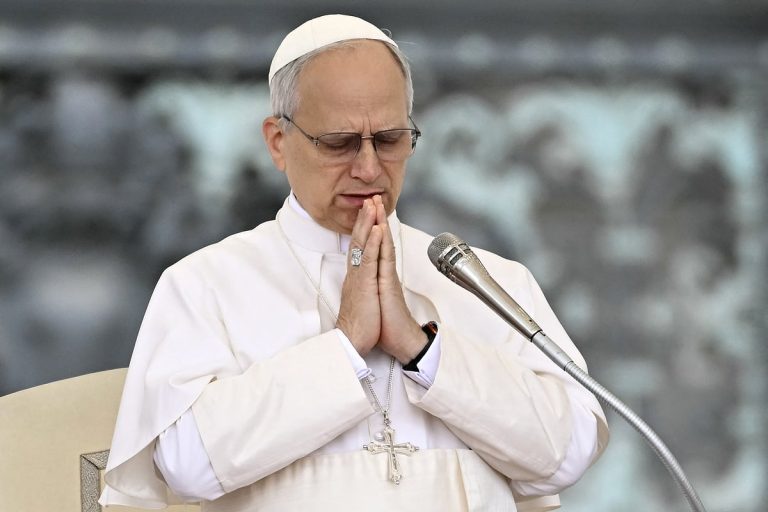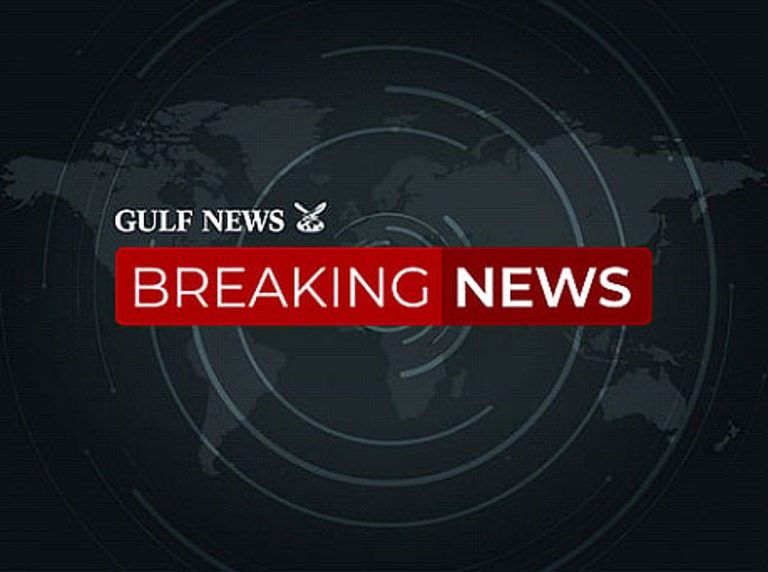Sarkozy Starts Prison Sentence, Claims Innocence
Nicolas Sarkozy, the former president of France, has begun serving a five-year prison sentence after being convicted of criminal conspiracy related to his 2007 electoral campaign. As he entered La Santé prison in Paris, Sarkozy maintained his innocence, asserting that he is wrongfully imprisoned.
Background of the Case
Sarkozy, who led France from 2007 to 2012, was found guilty of attempting to secure funding from the late Libyan leader Muammar Gaddafi for his presidential campaign. The conviction was handed down in September 2023, following a lengthy investigation into the alleged illicit financing. Sarkozy’s legal team has filed an appeal against the verdict, and he was seen leaving his home with his wife, Carla Bruni, before being escorted to prison by police.
Public Reaction
Upon his arrival at the prison, Sarkozy was greeted by shouts of support from inmates, who called out his name. Outside his residence, dozens of supporters gathered, holding portraits of the former president and chanting slogans in his favor. One supporter expressed the sentiment of many, stating, “This is truly a sad day for France and for democracy.”
Legal Proceedings and Future Steps
Sarkozy’s lawyer, Christophe Ingrain, announced that a request for his release pending appeal had been submitted. The Paris appeals court typically has two months to respond, but decisions are often made more quickly. Ingrain indicated that Sarkozy could remain in prison for at least three weeks to a month before any potential release.
Life in Prison
Sarkozy is expected to be placed in solitary confinement, where he will occupy a small cell and have limited interaction with other inmates. He will be allowed one hour of exercise per day and can receive visitors three times a week. As he prepared for his time in prison, Sarkozy mentioned that he would bring along a biography of Jesus and a copy of “The Count of Monte Cristo,” a novel about an innocent man wrongfully imprisoned.
Ongoing Legal Challenges
This prison sentence is not Sarkozy’s first encounter with the law since leaving office. He has faced multiple legal challenges, including a previous conviction for corruption, for which he served time under house arrest. Additionally, he is awaiting a ruling from France’s highest court regarding allegations of illegal campaign financing from 2012.
In the so-called “Libyan case,” prosecutors alleged that Sarkozy’s aides negotiated a deal with Gaddafi in 2005 to fund his presidential campaign in exchange for assistance in improving Libya’s international standing. Although Sarkozy was convicted of conspiracy, the court did not find sufficient evidence that he personally received or utilized the funds for his campaign.
Public Sentiment
Despite the legal troubles, Sarkozy retains a degree of support among right-wing constituents in France. A recent survey indicated that 60% of respondents believe the prison sentence was justified. Notably, President Emmanuel Macron has maintained a cordial relationship with Sarkozy, having met with him recently at the Élysée Palace.
FAQs
What was Sarkozy convicted of?
Sarkozy was convicted of criminal conspiracy for attempting to secure funding from Muammar Gaddafi for his 2007 presidential campaign.
How long is Sarkozy’s prison sentence?
Sarkozy has been sentenced to five years in prison, with the possibility of serving part of that sentence under appeal.
What are the conditions of Sarkozy’s imprisonment?
Sarkozy is expected to be held in solitary confinement, with limited daily exercise and visitation rights, while he serves his sentence.
Conclusion
Nicolas Sarkozy’s imprisonment marks a significant moment in French political history, as he becomes the first former head of an EU state to be incarcerated. As he navigates the legal system through appeals, the public and political landscape in France will closely watch the developments surrounding his case.
Sarkozy’s legal troubles have drawn significant media attention, reflecting broader concerns about political corruption in France. His case has sparked discussions about the integrity of political financing and the accountability of public officials. The implications of his conviction may influence future electoral campaigns and the regulatory framework governing political donations in the country.
As Sarkozy serves his sentence, the political landscape in France remains dynamic. Various political factions are likely to leverage his situation to either bolster their arguments for reform or to rally support against perceived injustices in the legal system. The outcome of his appeal could also set a precedent for how similar cases are handled in the future, potentially impacting the careers of other politicians facing legal scrutiny.
Also Read:
Woman Sentenced in Dubai Job Scam Case







